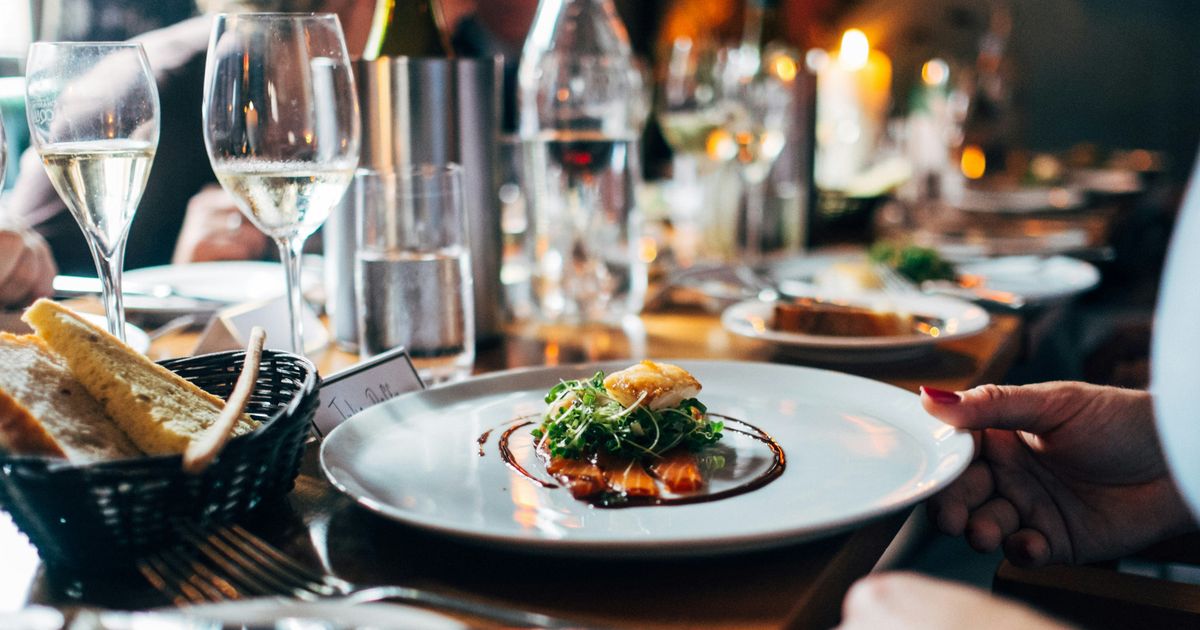
French Cuisine Wine Pairing Guide
Share
Unlocking the art of pairing wines with French cuisine is a journey that promises to elevate your dining experience to new heights. French cuisine, known for its sophistication and depth of flavor, offers a unique opportunity to explore the harmonious relationship between food and wine. This guide will navigate you through the essentials of creating perfect wine pairings for various French dishes, ensuring each sip complements and enhances the flavors on your plate. Whether you're a seasoned wine enthusiast or new to the world of wine, this guide will provide you with the knowledge and confidence to select the ideal wine for any French meal.
The Basics of Wine Pairing
Before diving into specific pairings, it's crucial to understand the foundational principles of wine pairing. The goal is to achieve a balance where neither the wine nor the food overpowers the other, but rather, they enhance each other's best qualities. Key factors to consider include the intensity of flavors, the weight of both the wine and the dish, and the primary taste components such as acidity, sweetness, bitterness, and saltiness.
Understanding Balance and Contrast
When pairing wine with French cuisine, consider whether you want to create a balance by matching similar flavors and weights or introduce contrast to highlight opposing characteristics. A rich, creamy sauce might pair beautifully with a full-bodied white wine, offering balance, while a tart, acidic wine could cut through the richness, providing a contrasting experience.
The Role of Tannins, Acidity, and Sweetness
Tannins in red wine can soften the perception of fat in rich dishes, making them an excellent match for meaty courses. Acidity in wine can cleanse the palate, especially when paired with fatty or creamy dishes. Sweet wines, on the other hand, can balance dishes with a hint of spice or sweetness, creating a harmonious dining experience.
Pairing Wine with French Appetizers
French appetizers, or hors d'oeuvres, range from light and refreshing to rich and decadent. Selecting the right wine to accompany these starters can set the tone for the entire meal.
Seafood Starters
For dishes like oysters or shrimp marinated in a citrus dressing, opt for crisp, mineral-driven white wines such as Chablis or a Sancerre. These wines complement the freshness of the seafood while their acidity matches the zest of the dressing.
Pâté and Charcuterie
Rich, flavorful pâtés and charcuterie boards call for wines with enough character to stand up to the intensity. A light-bodied red wine like Beaujolais or a medium-bodied white such as Chenin Blanc can balance the richness with their fruity notes and acidity.

Wine Pairings for Classic French Main Courses
Main courses in French cuisine are diverse, ranging from delicate fish dishes to hearty meat stews. Each dish requires careful consideration to select the perfect wine pairing.
Coq au Vin and Beef Bourguignon
These rich, savory stews with their deep flavors and tender meat are quintessentially French. A robust red wine, such as a Burgundy or Bordeaux, complements the complexity and richness of these dishes. The tannins in these wines help to cut through the fat, enhancing the meat's flavors.
Bouillabaisse
This traditional Provençal fish stew, with its aromatic broth and variety of seafood, pairs wonderfully with a light, aromatic white wine like a Provence Rosé or a crisp, dry Viognier. These wines match the dish's weight and complement its herbal and spicy notes.
Cheese and Wine: A Classic French Pairing
No French meal is complete without a cheese course. The key to pairing wine with cheese is to consider the intensity and texture of the cheese.
Soft Cheeses
Soft, creamy cheeses like Brie or Camembert pair beautifully with a light-bodied, fruity red wine like Pinot Noir or a floral white wine like Gewürztraminer. The wine should not overpower the delicate flavors of the cheese but rather complement its creaminess.
Hard Cheeses
Hard, aged cheeses such as Comté or Beaufort require a wine with more structure and body. A mature Chardonnay or an aged Bordeaux can provide the depth and complexity needed to match these cheeses.

Dessert Wines and French Sweets
French desserts range from light fruit tarts to decadent chocolate cakes. The right dessert wine can elevate these sweet endings to a whole new level.
Fruit-Based Desserts
For desserts like tarte tatin or a fresh fruit tart, choose a lightly sweet, aromatic wine such as a Moscato d'Asti or a demi-sec Champagne. These wines have a gentle sweetness and effervescence that complement the natural sweetness of the fruit without overwhelming it.
Rich Chocolate Desserts
Rich, chocolate-based desserts like chocolate mousse or fondant au chocolat pair wonderfully with a full-bodied, sweet wine such as Banyuls or Port. These wines have the intensity and richness to match the depth of the chocolate, creating a luxurious pairing.
Exploring Regional Pairings
French cuisine and wine are deeply influenced by their regions of origin. Exploring regional pairings, where the food and wine share a common geographical heritage, can lead to some of the most harmonious matches.
Loire Valley: Goat Cheese and Sancerre
The crisp, mineral-driven wines of the Loire Valley, like Sancerre, are a natural match for the region's tangy, fresh goat cheeses. This pairing exemplifies the principle of "what grows together, goes together."
Provence: Ratatouille and Rosé
The light, refreshing Rosés from Provence with their hints of berry and citrus are the perfect accompaniment to a vegetable-rich ratatouille. This pairing celebrates the sun-drenched flavors of the Mediterranean.
Creating Perfect Wine Pairings at Home can be a delightful journey, especially when exploring the rich tapestry of French cuisine. By understanding the principles of balance, contrast, and the importance of regional influences, you can unlock the art of wine pairing and elevate your dining experience. Remember, the best pairings are not just about the wine and the food, but also about the people and the moments shared around the table. Cheers to discovering your perfect French cuisine wine pairing!

